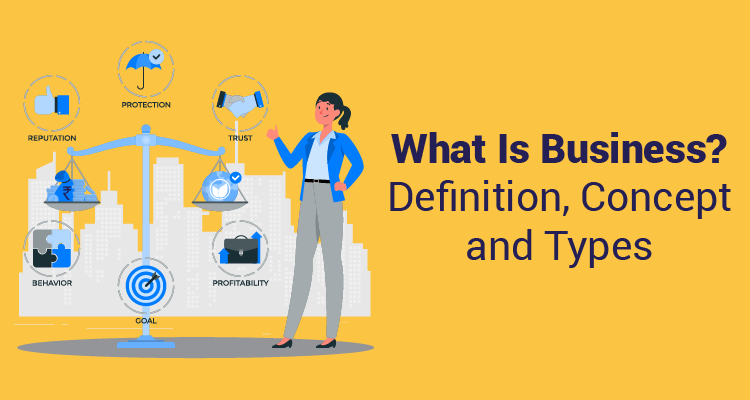Why Is Collateral Important In SME Business Loan?
Table of Contents
Small business owners consistently seek adequate capital when they are low on funds. However, less cash on hand does not necessarily mean running a business inadequately. To ensure the SMEs fulfill their capital requirement, they avail a small business loan. However, does an SME loan need collateral?
This blog will explain why collateral is essential in taking a loan for a small business.
Why is Collateral Important in SME Business loans?
Lenders such as banks and NBFCs are always keen on offering business loans to small companies. However, since small businesses do not have high turnover, the credit risk is higher.
The primary purpose behind collateral from business owners is to reduce the credit risk to the minimum. Here are the reasons why collateral is necessary for lenders in offering business loans to small companies:
1. Scanning applications
One of the biggest problems lenders face is when they are unable to grasp the credibility of the loan applicant and whether they will have the ability to repay the loan. Hence, if the value of the pledged collateral is high, it becomes easier for the lender to scan the applications and know which applicant can repay the loan.2. End-Usage
Lenders find it difficult to ensure that the loan amount given to small business owners is used only for the purposes specified while availing the loan. The credit risk for a lender increases if the loan amount is used for unspecified purposes.In such a case, lenders ask for collateral higher in value than the loan amount to hedge against such end-usage risk.
3. Systematic Risk
The lenders are legally allowed to sell off the pledged asset as collateral if the lender fails to repay the loan. However, if the value of the collateral is lower than the outstanding loan amount, the lenders suffer losses. Hence, adequate valued collateral ensures that the lenders get back the unpaid loan amount in case of default by the borrower of the small business loan.Sapna aapka. Business Loan Humara.
Apply NowFurthermore, collateral is also essential in an SME loan for the small business owner as it represents credibility and reduces the credit risk for the lender. If the borrower has attached high-value collateral, there are chances that the risk management department of the lender will quickly approve the loan with the set terms.
Furthermore, it also increases the odds of the business owner getting the desired loan amount as the lenders are more comfortable knowing they won’t suffer losses in case of any default.
What Assets are Eligible as a Collateral?
With business loans, the common myth is that the owner has to pledge a personal asset as collateral to take the loan. However, it can be in the owner’s or the business name.These assets determine the interest rates adjusted based on the value of the pledged asset. Apart from real estate, which is the most preferred asset for collateral, here are some other assets business owners can commit:
1. Financial Assets such as stocks, debentures, bonds or savings accounts
2. Movable assets such as inventory or machinery
3. Intangible assets such as trademarks, patents or copyright
Avail of an Ideal Small Business Loan with IIFL Finance
IIFL Finance is India’s leading financial services company that provides comprehensive and customized loans for small businesses to ensure they cater to all of their capital needs. The business loan offers instant funds up to Rs 30 lakh with a quick disbursal process.The loan repayment structure is flexible and offers multiple repayment modes, including standing instructions, NEFT Mandate, ECS, Net-banking, UPI, etc. You can apply for the loan online or offline by visiting IIFL Finance nearest branch.
FAQs
Q.1: Can I apply for a business loan with IIFL Finance for a small business?
Ans: Yes, you can use the money raised from IIFL Finance loan for your small business for expenses such as buying machinery.
Q.2: What are the Documents Required to Apply for a Business Loan?
Ans:
• Previous 12 months bank statements
• Proof of business registration
• PAN Card and Aadhar Card copy of the Proprietor(s).
• Deed copy and company PAN Card copy in the case of partnerships
Q.3: What happens to my collateral if I fail to repay the loan?
Ans: If you fail to pay the business loan, the collateral will be sold by the lender to obtain the outstanding loan amount. The balance amount will be repaid to the borrower.
Sapna aapka. Business Loan Humara.
Apply NowDisclaimer : The information in this blog is for general purposes only and may change without notice. It does not constitute legal, tax, or financial advice. Readers should seek professional guidance and make decisions at their own discretion. IIFL Finance is not liable for any reliance on this content. Read more




